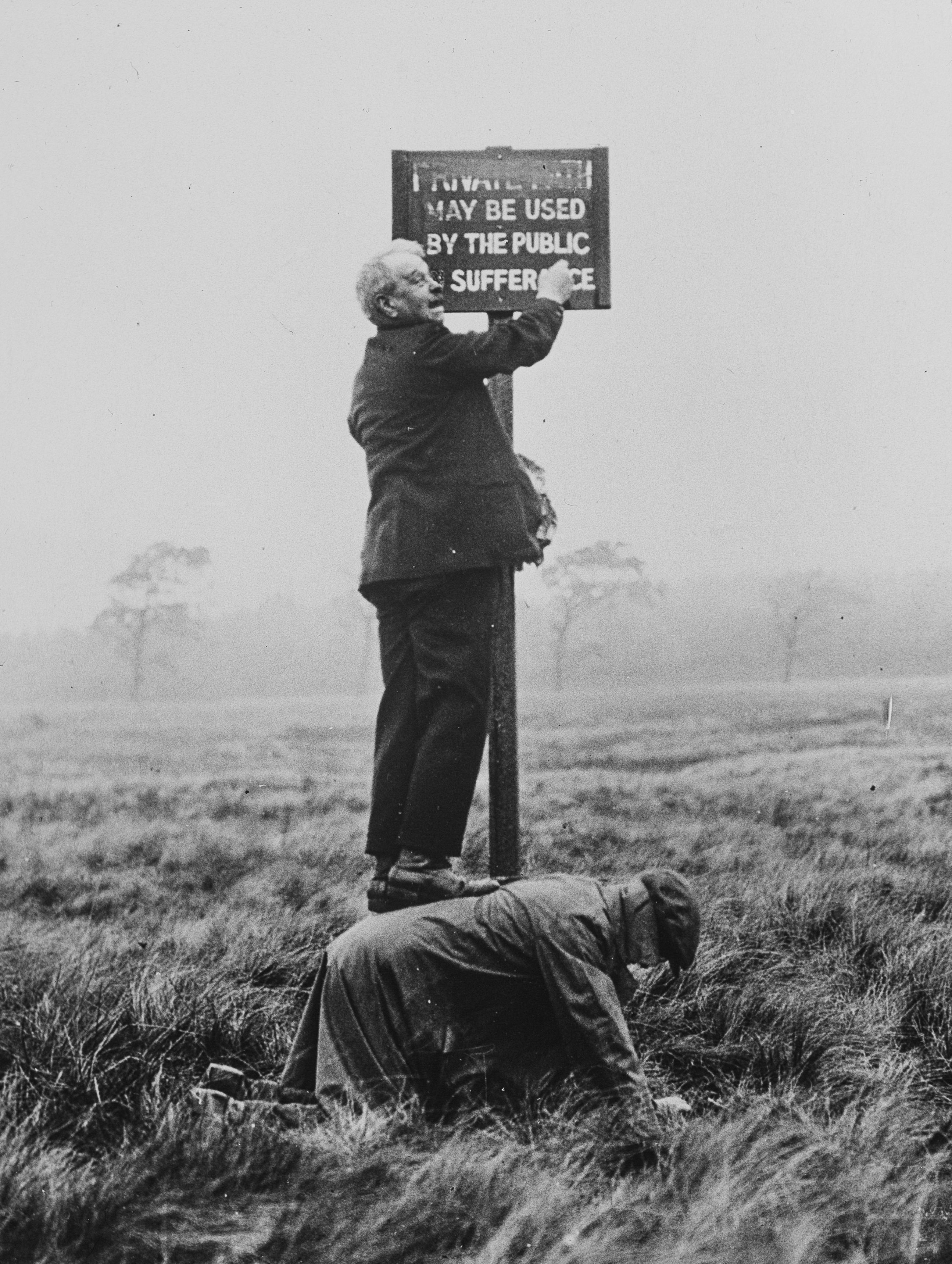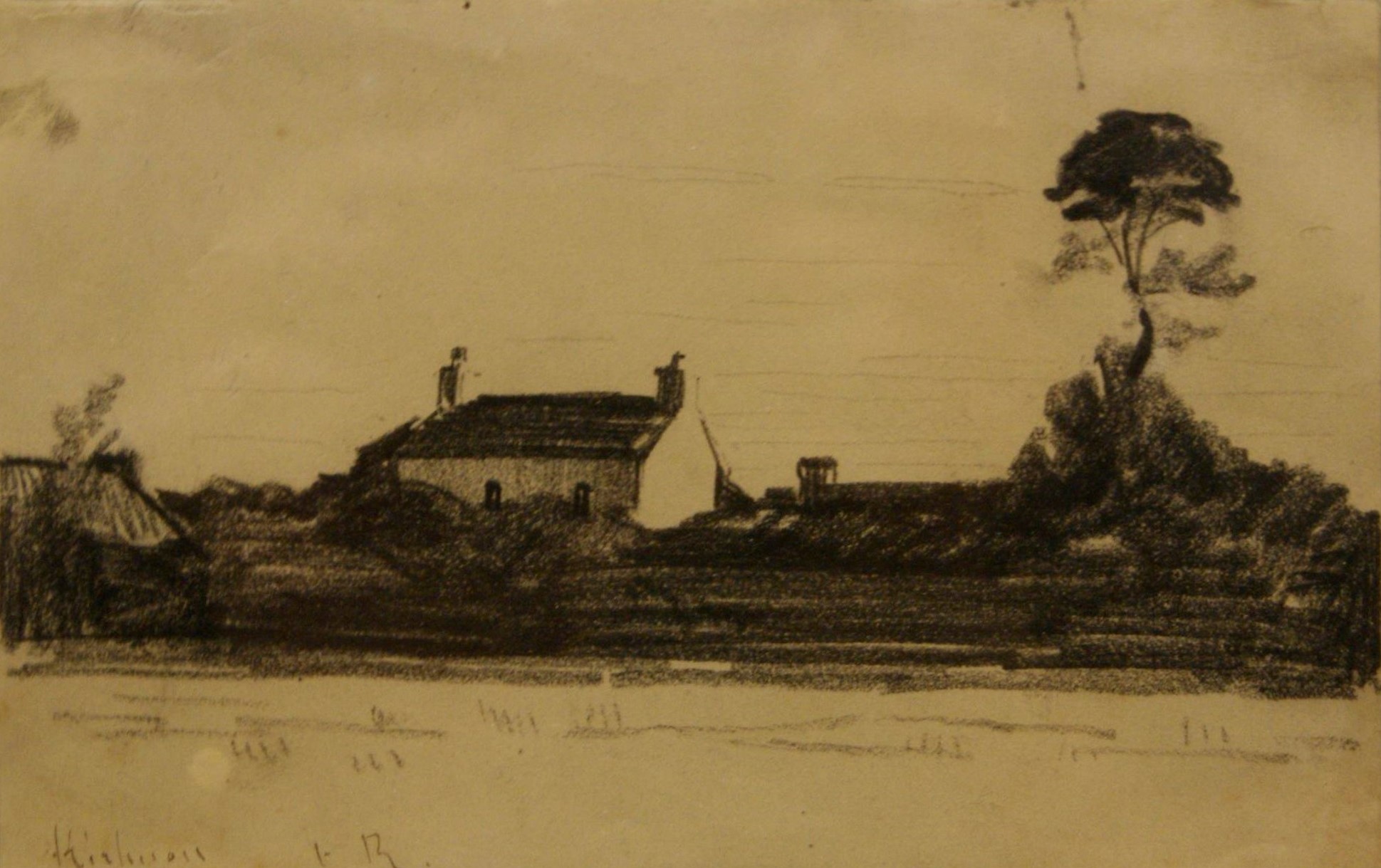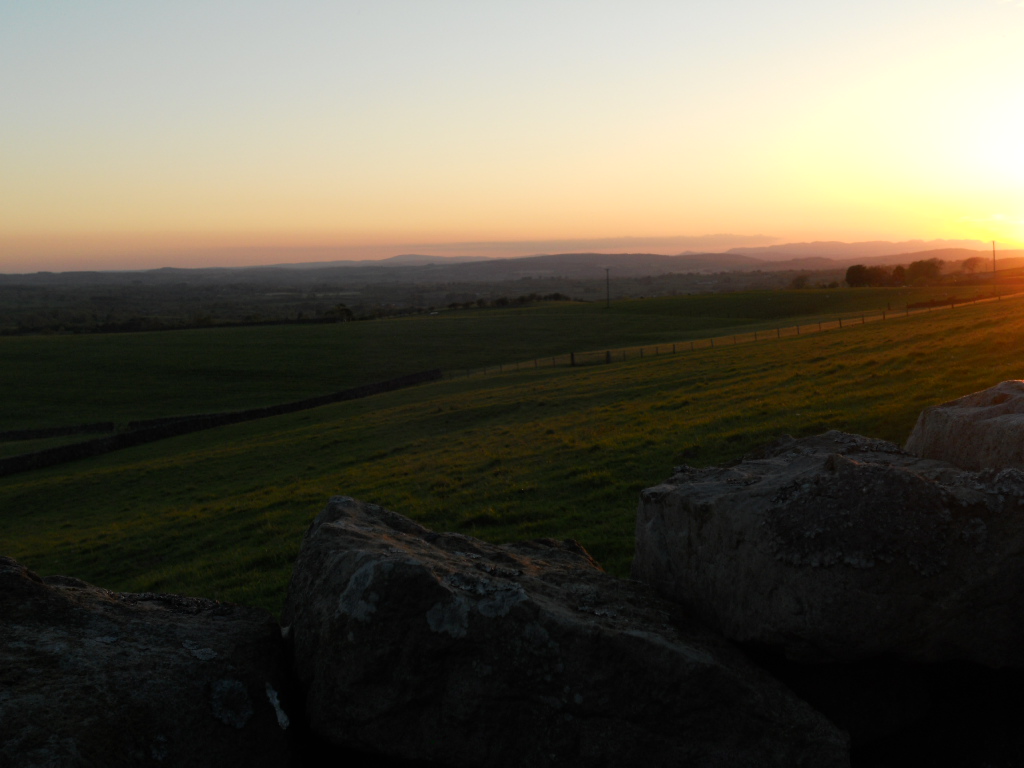by Matthew Abel, Museum Studies Student at the University of Reading
It’s a new year and that means two things. One, we’re all still a bit fat after Christmas. And two, there are just a few weeks until we Part 3 students launch our Belonging exhibition! It is, in the words of Sir Alex Ferguson, “squeaky bum time”.
Belonging is a multi-site exhibition which draws on the varied University of Reading collections to explore issues around inclusion, exclusion, loneliness and sense of place through five themes – Countryside, Culture, Clubs, Conflict and Community. Because Museum Studies is so brilliant, this exhibition is actually our ‘final project’ and doing a dissertation is optional (although three of us have foolishly chosen to do both!). In this post, we are each going to tell you a bit about the work we’re doing to put our exhibition together:
Matthew Abel (Countryside) – You could tell so many stories with a broad subject like the countryside, but I’ve been focusing on three key subthemes. Making Rural Communities considers how the idea of community is constructed in the countryside, and how people come to feel that they belong in rural areas. Right to Roam explores how the law has historically excluded people from the countryside, and looks at the ongoing campaign to improve public access. Finally, with immigration dominating the headlines, Seasonal Workers reveals how the countryside has always depended on migrant labour, and how these workers have been treated. Putting these displays together involves lots of practical work too, from planning case layouts to working out how to hang works of art – I am pleased to say I now know what ‘hollow wall fixings’ are! Emily and I will also be donning our boots soon to interview a local walking group!

Image: Two ramblers in a footpath protest at Ribchester, Lancashire, in October 1930. The Museum of English Rural Life, SR OSS PH5/J53.
Samuel Peters (Conflict) – War, what is it good for? Not just a catchy song, this question is one that has plagued history throughout time. Conflicts are quite often the markers used to recognise the passage of time. Centenaries marking various conflicts are commonplace, these happen to remind us of what has come before, the devastation, the loss of life, the irreversible damage. But do humans ever learn? After one war comes another, humans appear to be intrinsically linked to conflict, an inescapable inevitability. As tensions around the world appear to rise yet again, are we moving towards another conflict, is nuclear devastation on the horizon? Throughout conflicts and throughout wars people live, ordinary people, they leave behind innocent markers, things which would not appear to be from within a war, it is through these that we hope to analyse the extent to which humans belong to conflict; and answer the question, what is war good for?
Charlotte Rout (Culture) – To belong is the feeling that you are in the right place or suitable place; to feel happy or comfortable in a situation. Identifying to a culture can give people a sense of belonging and the feeling of being secure and accepted within a society. In the modern world, culture and self-identity are entirely linked, and when the two are disconnected this can often affect a person’s wellbeing, due to feeling isolated or excluded. Themes for this case include migration and globalization and how these can affect the way that individuals feel, especially when they feel that they cannot connect with a culture, including in the place that they call home. This case will use the University of Reading’s Art Collection and display pieces such as Max Weber’s Brooklyn Bridge and Robert Gibbings’ Man in a Tree to show how migration and globalization affect culture and how people feel that they belong.
Emily Thomas (Community) – Community connections are vital to museums and can be difficult for universities to build. ‘Threshold Fear’ is a phrase that many museums are aware of and defines what many people feel when visiting museums in which they feel they do not belong. This could also define the problem many university museums experience, so section will attempt to break some of these barriers down, with a case that will hopefully be held within the Reading Central Library’s exhibition area. It will use stories and images of children brought to Reading during World War II from the evacuee archive, displaying a time when community was a fundamental part of society. The case will also display responses to the word ‘home’ by Berkshire primary school children, bringing the thoughts of past and present Berkshire communities together. A second similar case will also be placed within MERL which will demonstrate the value of MERL’s Reading Room, a useful research facility that anyone can use.


Image: Activity sheet created for primary school children on which they could respond to the word ‘home.
Lucy Wilkes (Clubs) – Optimising each of the university’s collections is one of the main aims of this exhibition project. Because of this, we began to think about the Ure Museum and what ancient artefacts could offer in terms of showing a sense of belonging. We quickly realised that one way that ancient people experienced inclusion was via symposiums; elite males would gather to drink and socialise, and this made them feel that they belonged to a group. Women and slaves were excluded from these get-togethers. These ideas are the foundation of the ‘Belonging to Clubs’ case. This subtheme will subsequently explore the idea of belonging to clubs in other ages and communities, linking the Ure collections to the university archives, to discover whether the ancient idea of belonging through gender exclusive clubs has disappeared or simply evolved. Researching this subtheme has involved reading both student newspapers and theatre programmes from the 1920s, and it is surprising how quickly my enthusiasm for archives has grown!
Belonging will run from 20 February to 13 April 2018, with displays at The Museum of English Rural Life (MERL), the Ure Museum of Greek Archaeology, Reading Central Library, and the University of Reading’s Department of Archaeology. You will find maps at each site to help you find your way around. We hope you enjoy it!









